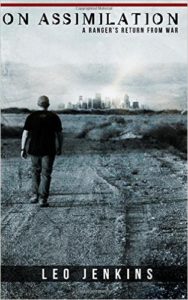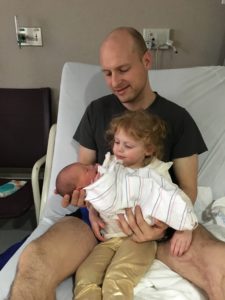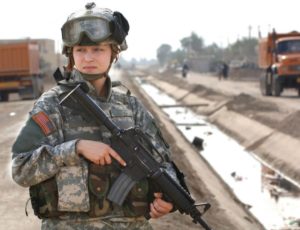Praise for On Assimilation (A book by Leo Jenkins)
By: Kevin R. Flike
After reading a few pages of Leo Jenkin’s On Assimilation I realized that we have a lot in common. We were both in the US Army Special Operations, spent time in lovely Kunduz, AFG, share an undying love for Jameson Irish Whiskey and both still had (still having) a difficult time transitioning from the military to the civilian world. I voraciously read my copy in two days while I highlighted shared experiences and filled the margins with copious amounts of notes. In a very direct and blunt manner, Leo illuminated thoughts and emotions I have been dealing with since I separated from the military almost three years ago.
The struggle to transition is real and the consequences of a failed transition are grave. In a society where fewer and fewer citizens serve in the military, veterans increasingly feel disconnected from the society for which they fought and bled. Twenty-two veterans a day are taking their own lives and thousands of veterans will roam the streets tonight instead of returning to the confines of a warm house. If the military civilian divide is to be bridged, our society needs to gain a greater knowledge of the sacrifice veterans make while they are deployed and the struggles they face during the transition back to civilian life.
Leo’s story is the same as so many other veterans;





